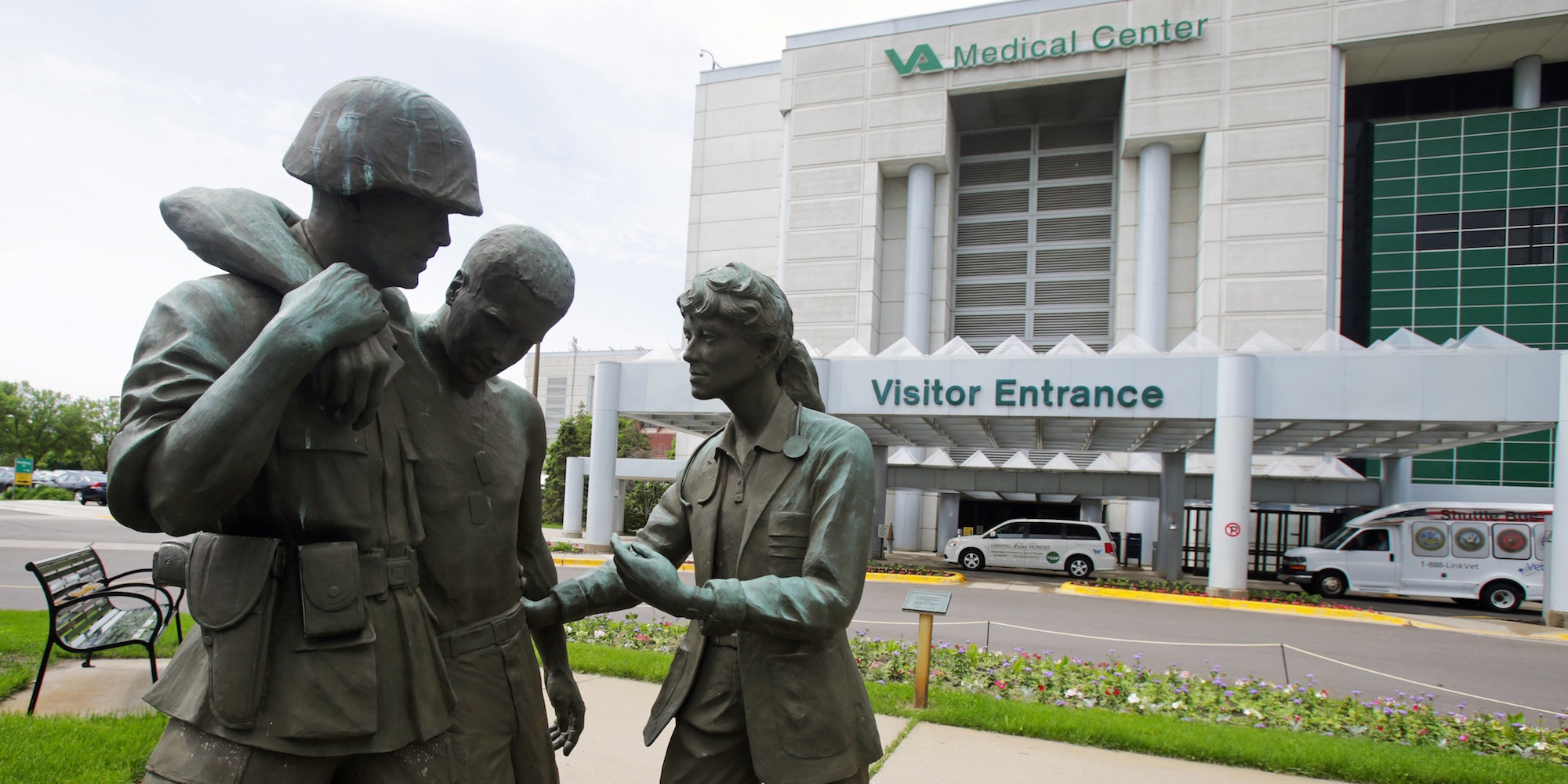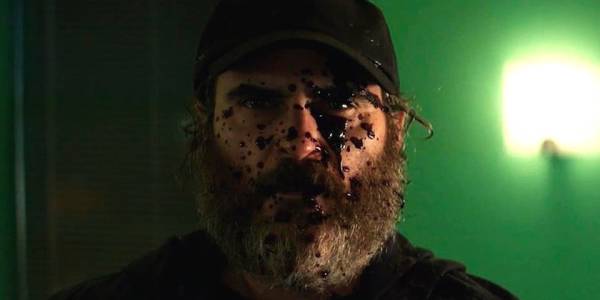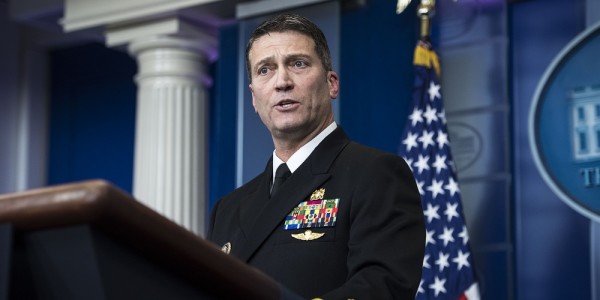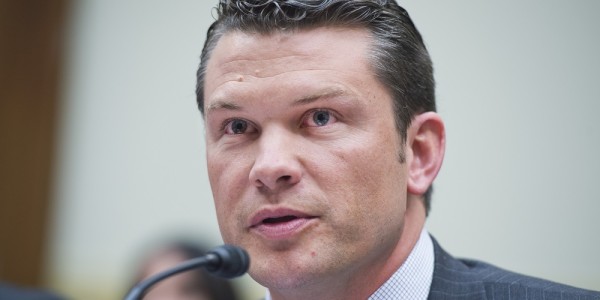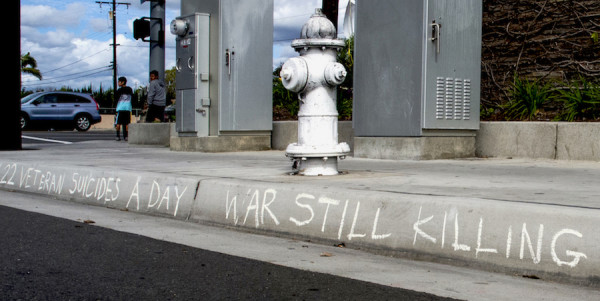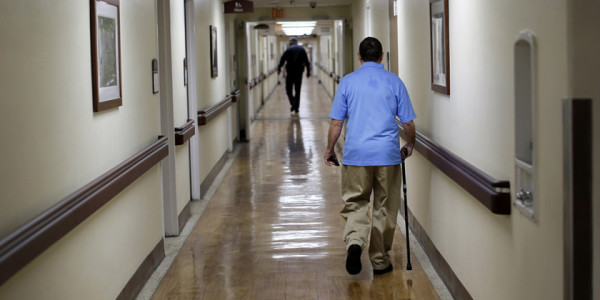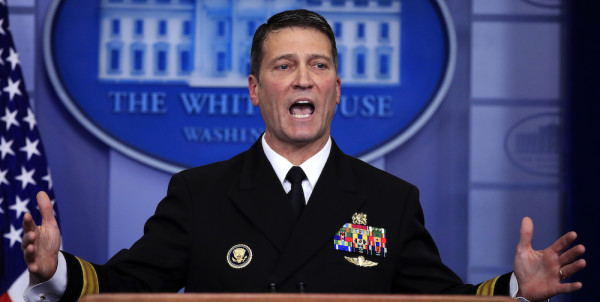Editor’s Note: This is an opinion column. The thoughts expressed are those of the authors.
Joe Biden is making history. The president-elect’s early cabinet nominees are firsts: the first woman Treasury Secretary, first Latino Secretaries of Homeland Security and Health and Human Services, first African-American Secretary of Defense. As our nation celebrates these milestones, President-elect Biden can continue this historic trend by nominating the first post-9/11 veteran as Secretary of Veterans Affairs.
The veteran population is changing rapidly. Of the 18 million veterans in the United States, more than 3.3 million are post-9/11 veterans. It is because of this generation that women veterans are the fastest-growing demographic in the veteran population, expected to total 17 percent of all veterans by 2040. This generation is already the most racially diverse in history, with African-Americans, Latinos, and other ethnic minority veterans making up more than 27 percent of all post-9/11 veterans. After more than 19 years at war, veterans would benefit from a VA Secretary who intimately understands the current cohort of groundbreaking warfighters while continuing to honor the immeasurable contributions of previous generations of veterans.
Veterans share solidarity in our struggle to reintegrate after service. Each generation of veterans has faced unique challenges, and a new generation is facing some of its own. Post-9/11 veterans are nearly twice as likely to carry a service-connected disability and overwhelmingly more likely to have a disability rating above 70 percent than veterans of previous wars. Nearly half of women veterans report experiencing sexual violence either during or immediately after service. Additionally, the population of homeless veterans and homeless women veterans with children continues to increase. The next VA Secretary must see more than mere statistics on a page, but urgent human issues that require personal leadership to resolve.
Veteran healthcare in particular is at an inflection point. Post-9/11 veterans are less likely than previous generations to access VA care, a factor that’s particularly relevant as our understanding of traumatic brain injuries, post-traumatic stress, and suicide risk evolves; Aalready, more than half of all veterans who commit suicide do not use VA care. And as our nation grapples with the long-term effects of the novel coronavirus (COVID-19) pandemic, it is clear that veterans are suffering from compounded consequences, with recent studies showing more veterans taking their own lives and experiencing deeper isolation than ever before.
A post-9/11 veteran as Secretary of Veterans Affairs can continue the critical work of restoring faith in VA healthcare by making care accessible whenever and wherever the veteran is in need. An understanding of how to leverage technology to enable better, more holistic services for veterans of every generation. With a mobile phone, the next VA Secretary can champion bringing the VA into the palm of their hands so that more veterans can stay connected, access the care they need, and repair the damage done by a devastating pandemic.
Veterans care is directly tied to military recruitment, too. The strength of our future force is inextricably linked with how we care for those who have served in the past. When we break the faith with our veterans, we harm the calculus that convinces young people to step up and serve. A post-9/11 veteran VA Secretary will send a message loud and clear that those who serve in this century will be understood, appreciated, and cared for long after they hang up the uniform.
A new generation of leadership atop the VA would pay dividends for more than just post-9/11 veterans. Previous generations of veterans will benefit from a new perspective, one that places their hidden wounds and experiences of war at the forefront of VA services where for decades they have often been overlooked. Now, as pre-9/11 veterans face unique service-related conditions due to aging, a post-9/11 veteran VA Secretary can pay it forward by centering veterans from previous generations in the work of modernizing care, expanding benefits, and eliminating claims backlogs.
As the Biden administration makes its nomination, they must not lose sight of this historic opportunity to start a new chapter at the Department of Veterans Affairs. Nominating the first post-9/11 veteran as Secretary of Veterans Affairs will set the tone for decades to come. Building greater trust in VA healthcare, safeguarding benefits, and recognizing the unique needs of a new and diverse generation of veterans, is just a preview of the countless possibilities at hand. The post-9/11 Generation is ready to lead. They are ready to care for our brothers and sisters who have borne the battle. They are ready to make history.
Capt. Florent “Flo” Groberg (ret.) is a former Army officer and Medal of Honor recipient. Command Sergeant Major Michele S. Jones (ret.) is a former Army noncommissioned officer who was the highest-ranking African-American female enlisted in any branch of the United States military.
